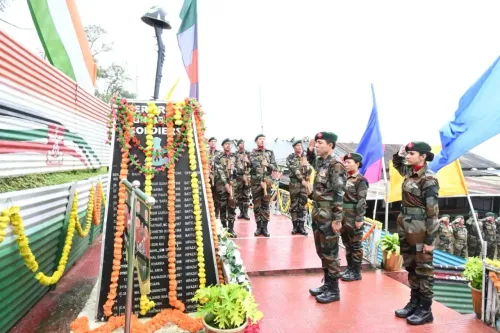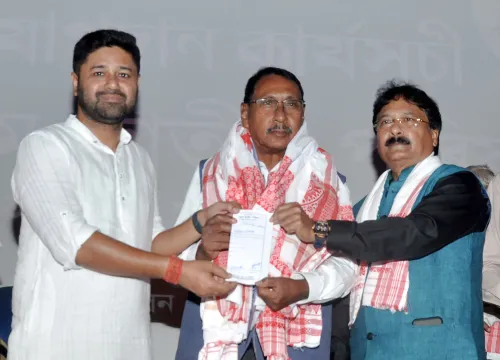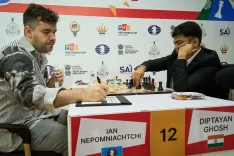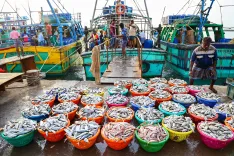Will the SC Clarify the Plea of Former SIMI Chief on Sedition Appeal?
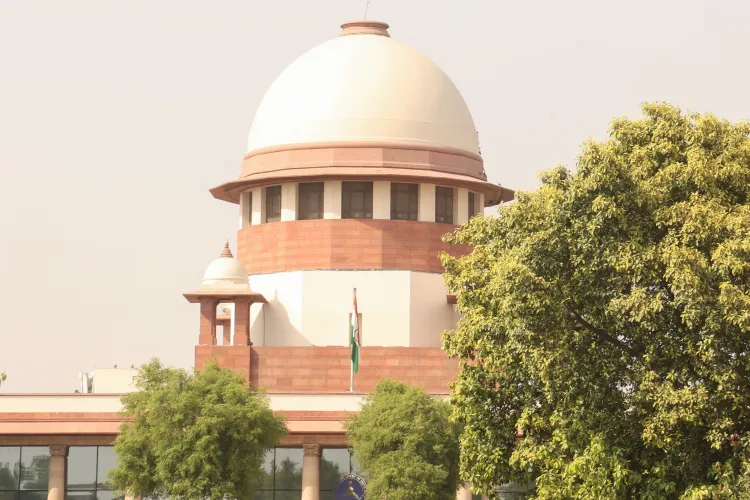
Synopsis
Key Takeaways
- The Supreme Court is reviewing a plea related to sedition charges.
- Safdar Hussain Nagori has spent nearly 18 years in custody.
- Section 124-A IPC is under significant scrutiny.
- The Court's decision could have major legal implications.
- Next hearing is scheduled for July 2025.
New Delhi, July 3 (NationPress) The Supreme Court has consented to review a petition submitted by the former leader of the outlawed Students' Islamic Movement of India (SIMI), Safdar Hussain Nagori, who is seeking clarity or permission for the Madhya Pradesh High Court to continue with the final hearing of his criminal appeal concerning sedition charges.
According to the Special Leave Petition (SLP) presented to the apex court, the Madhya Pradesh High Court has finalized the hearings on the criminal appeal but has paused any further proceedings due to an interim order issued by the Supreme Court. This order is part of a series of petitions challenging the constitutional validity of the colonial-era sedition law (Section 124-A IPC).
The SLP argues that a conviction under Section 124-A warrants significant attention as it serves as the foundation for a life sentence, asserting that this matter is essential and cannot be addressed without causing prejudice. The petitioner, who has already spent nearly 18 years in custody, can only be released if the Madhya Pradesh High Court's decision on the appeal determines the correctness of his conviction under Section 124-A.
The plea requests clarification or permission for the Madhya Pradesh High Court to resume final adjudication of the appeal, including matters related to Section 124-A IPC.
Issuing a notice on the SLP filed through attorney Yashwant Singh, a bench consisting of Justices P.S. Narasimha and R Mahadevan has scheduled the matter for further hearing during the second week of July 2025.
In 2017, the trial court had found Safdar Nagori guilty and sentenced him to life imprisonment for violations of IPC Sections 122 (waging war against the government of India), 124-A (sedition), 153-A (promoting enmity between different groups), the Unlawful Activities (Prevention) Act (UAPA), the Explosive Substances Act, and the Arms Act.
In a groundbreaking order in May 2022, the Supreme Court instructed the central and state governments to refrain from filing any FIRs or taking coercive actions while suspending ongoing investigations related to Section 124A. Moreover, it mandated that all pending trials, appeals, and proceedings remain on hold.
The Supreme Court, in its preliminary observations, noted that the stringent measures of Section 124A do not align with today's social context and were designed for an era when India was under colonial rule.
The court expressed that its prior judgment in the Kedar Nath case, which upheld the constitutionality of Section 124A (sedition) of the IPC, requires reevaluation by a larger bench consisting of at least five judges.


